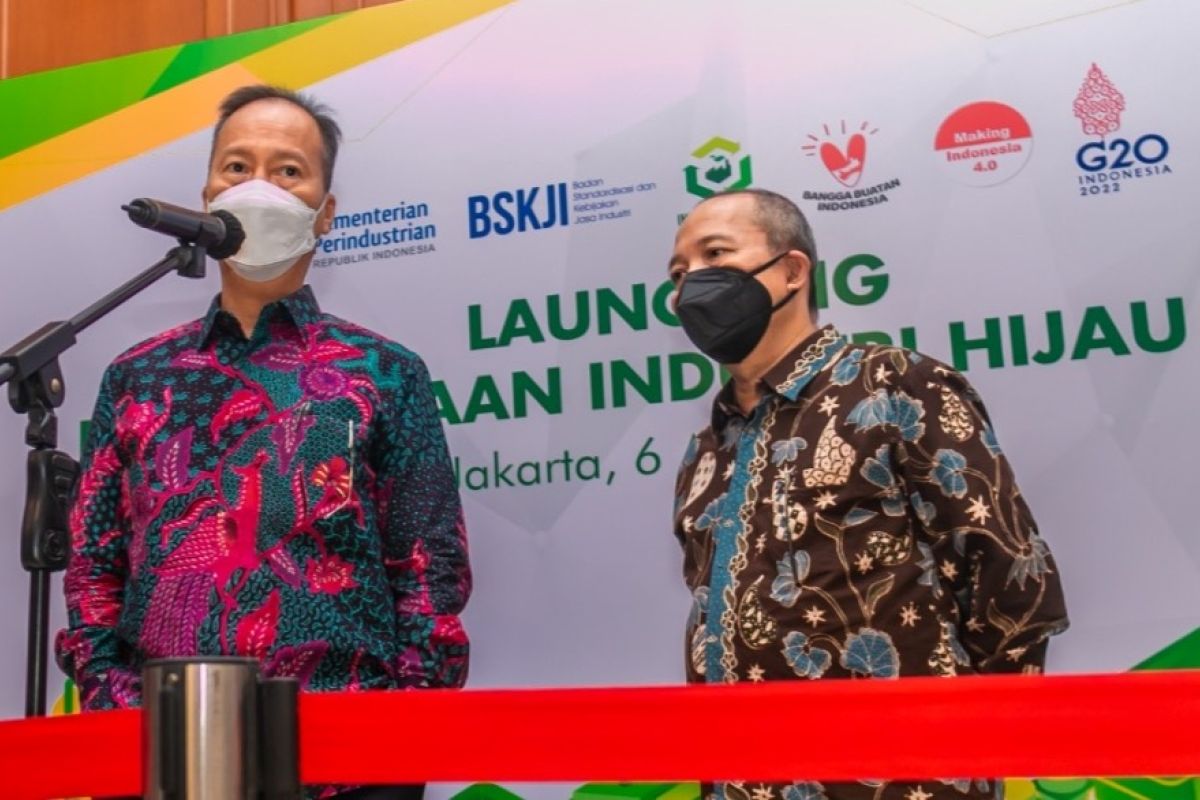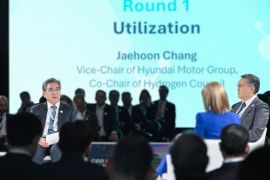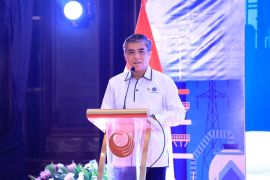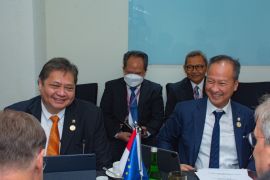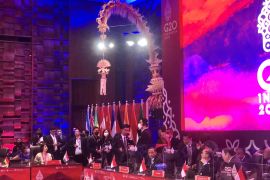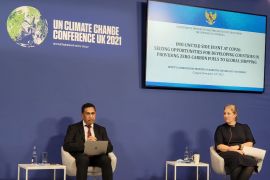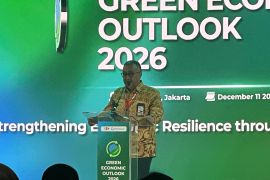Amid the positive growth of 3.67 percent in the non-oil and gas industry sector and an increase in labor absorption by 1.2 million, the ministry is also continuing to encourage the national industry to transform into a green industry.
"Through these transformation efforts, we expect the manufacturing sector to contribute to reducing carbon emissions and transitioning green energy to carbon neutral and a green economy in Indonesia," Industry Minister Agus Gumiwang Kartasasmita said in a statement received here on Tuesday.
Green industry development efforts can be carried out through two strategies: greening the existing industry and creating new industries based on the principles of green industry (that is, developing a new green industry), he explained.
To accelerate the implementation of a competitive green industry, the ministry has devised priority programs that seek to increase production and resource efficiency, and develop environmentally friendly raw materials (green materials) and green products.
Furthermore, the implementation of green industry is also being encouraged through a push for energy efficiency and the use of clean energy as well as new and renewable energy (NRE); reduction in greenhouse gas emissions, pollution, and waste; efficiency and water security in the industrial sector; implementation of circular economy and the 4Rs (reduce, reuse, recycle, and recover); as well as increasing and expanding green jobs.
"We hope that the priority programs that have been carried out can continue to improve the competitiveness of the industrial sector without compromising the environment and ensuring public health," Kartasasmita said.
Meanwhile, head of the Standardization and Industrial Services Policy Agency (BSKJI) of the Ministry of Industry, Doddy Rahadi, said that in order to create an environmentally friendly industry, BSKJI has compiled nine key initiatives under the green industry policy.
The nine initiatives include the preparation of green industry standards and certifications (SIH), the green industry award (PIH), and the greenhouse gas reduction and low carbon development (PRK) program.
Related news: Baswedan, British Minister discuss MRT construction cooperation
They also cover accelerating energy, water, and NRE efficiency; proposing fiscal and non-fiscal facilitation; implementing a circular economy; developing green industrial areas; developing green small and medium enterprises (SMEs); and building new and green industrial services.
"Throughout 2021, there were 152 industrial companies participating in the green industry program, with energy savings equivalent to Rp3.2 trillion and water savings equivalent to Rp169 billion," Rahadi informed.
He said that the ministry has also continued to encourage fiscal and non-fiscal facilitation programs and policies in the business world that are committed to supporting the sustainable strengthening of the green industry.
"It can be a catalyst for accelerating the growth of the green industry towards an inclusive and sustainable green economy and increasing the competitiveness of national industries globally," he added.
Related news: Minister highlights blue economy's role in reducing carbon emissions
Translator: Sella Panduarsa G, Resinta S
Editor: Rahmad Nasution
Copyright © ANTARA 2022
